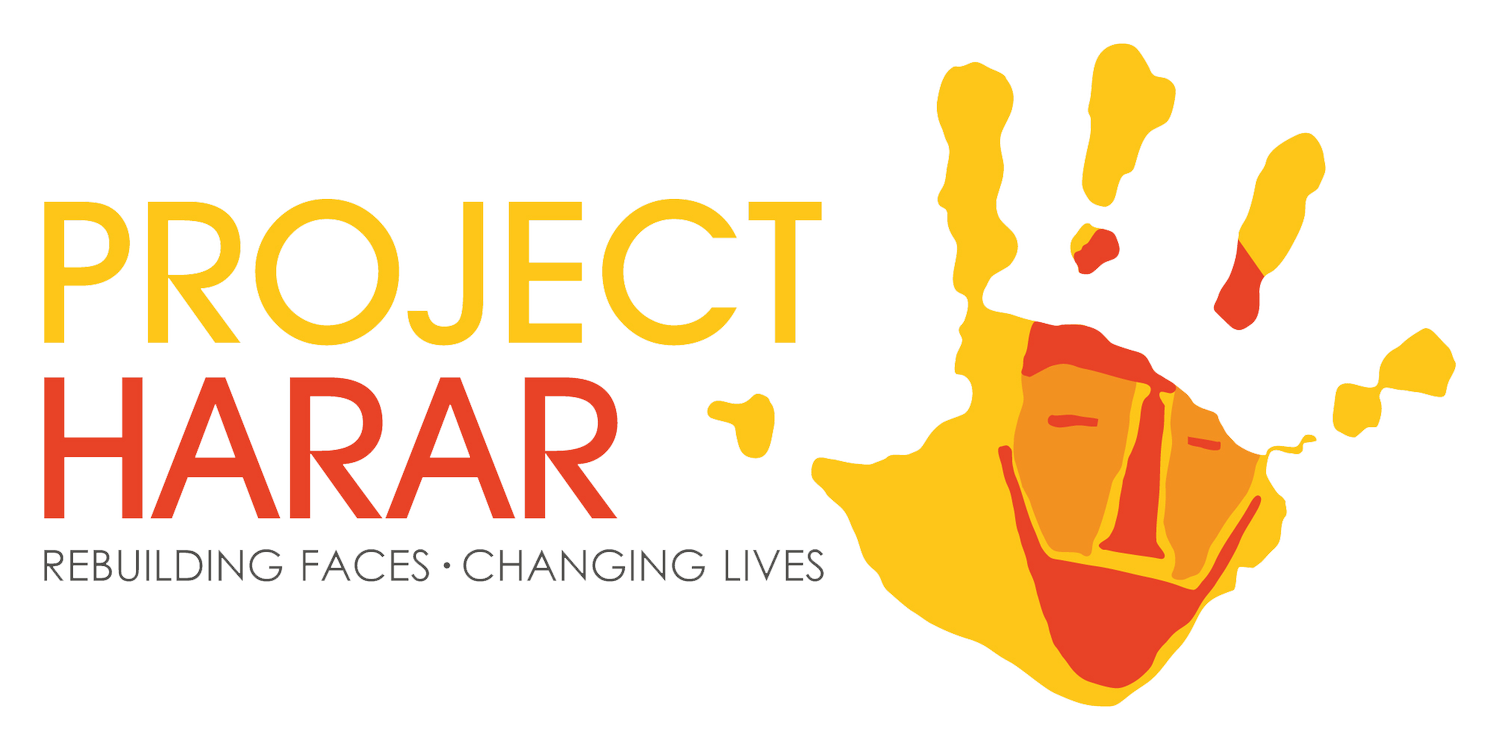
Stigma for Mothers
One of Project Harar’s biggest goals is to raise awareness about cleft conditions across Ethiopia. Particularly in rural areas of the country, there is little knowledge surrounding cleft lip and palate, meaning that many are unaware that the condition can be easily treated. Not only does this act as a barrier for children accessing the life changing surgery they need, it also perpetuates a false narrative surrounding the causes of cleft conditions. It is a common misconception that a child is born with a cleft lip and palate as a punishment for their parents' sins, in particular, their mothers. While this can be explained in part by the difference in cultural and religious beliefs, a lack of awareness and information about the causes of cleft lip and plates, means that mothers are left with a feeling of great guilt and shame surrounding their child's condition. Project Harar has been running awareness programmes and training Ethiopian Health and social care professionals in cleft care, to ensure that cleft conditions can be recognised and stigma can be reduced. However, we have become increasingly aware that the effects of cleft lip and palates go beyond just the child, mothers are also in desperate need of our support.
Project Harar has spoken to many mothers over the years, they have told us about the stigma and isolation that they have experienced from their communities as a result of their child's cleft condition. Once the baby becomes too big to carry on the mothers chest, it becomes challenging for them to do simple things such as go to the market without facing ridicule and stigma. Due to the extra care needs for a child with cleft lip and palate, mothers often stop working/education to look after their child. If the child does not receive treatment, it is unlikely they will attend school, meaning that the mother does not have access to the free child care and respite that school provides. Which further exacerbates the isolation away from the community that mothers feel.
Most children born with a cleft lip or palate face serious difficulties with breastfeeding, as they cannot form a seal with their lips to create suction, and the food often comes back out their nose. This is not only very dangerous for the baby, but also very distressing for the mothers, as their children are becoming increasingly undernourished and they feel helpless in feeding them. In order to help mothers feel less alone and help them navigate the difficulties of breastfeeding, Project Harar runs breastfeeding awareness courses as well as providing nutritional support. These courses aim to educate both healthcare professionals and mothers on what causes these breastfeeding difficulties, hoping to ensure that the mothers do not blame themselves for being unable to breastfeed. Equally, we provide advice, tips and tricks, to combating the issues and ensuring the baby gets the nutrients they need.
Unfortunately, some mothers tell us that their own family distance themselves away from them and their child, believing they are cursed or have sinned. Husbands often blame the mother, or feel unable to look past their child's cleft condition, causing them to leave the mother on their own to care for the child. In some extreme cases, mothers have recalled to us that their husbands gave them ultimatums to choose between their baby or the father, this is deeply traumatic for the mothers and can leave them feeling incredibly vulnerable and alone. Furthermore, without the presence of the father and being unable to work, leaves the mother and her children in a very difficult financial situation, unable to afford to live, let alone pay for cleft treatment. When Project Harar provides free access to treatment, it not only gives a second chance to the child with a cleft lip and palate, it also enables mothers to return to work, have financial freedom, and be active and celebrated members of their communities.
Make a donation.
Change a life.
When you give a child a smile, you give them a second chance at a happy and hopeful future.






